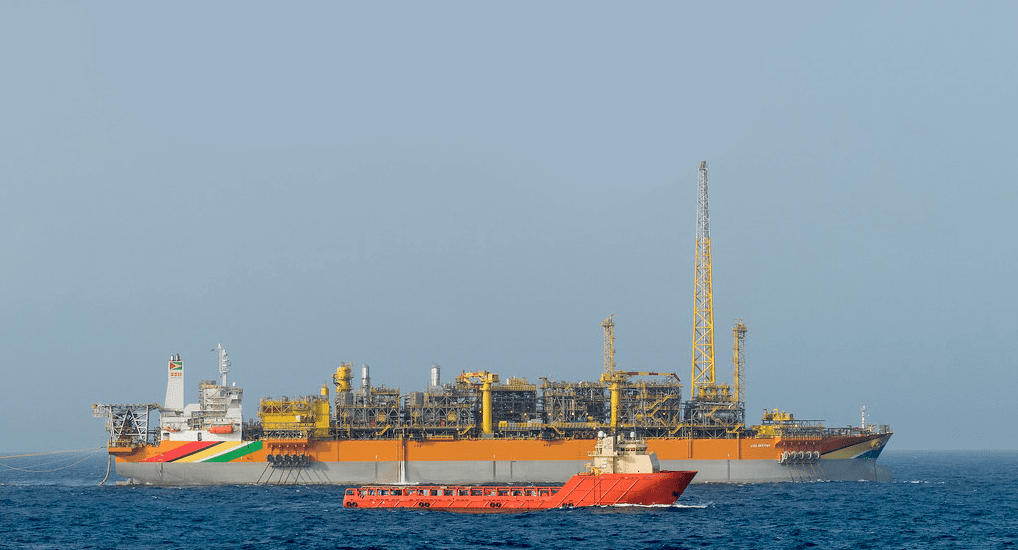In the context of arguments that Guyana should not develop its oil and gas resources as quickly as the government intends to, energy policy specialist Wazim Mowla asks “Why wait?”
Mowla is a non-resident scholar at Florida University’s Jack D. Gordon Institute for Public Policy. He said he does not understand why anyone would tell ordinary Guyanese people, who the development of the oil resources can benefit, that they should wait another 10-15 years to see their lives transform.
Mowla made these comments during an OilNOW webinar published on Sunday, alongside specialist lecturer in petroleum engineering at the University of the West Indies, Dr. Lorraine Sobers, on Guyana’s right to produce.
Weighing in, Dr. Sobers said though she understands why some people would be cautious or feel Guyana needs to be risk-averse, it is important to help them see what rapid development can really do for their lives.
“Focus on [how] within the next five years, not only are we going to have a million barrels per day… but this is what we’re going to have and put it to tangible things that the man in the street can see is going to benefit him,” Dr. Sobers said.
She argued that the man in the street would then not be so quick to say, “I don’t want a new hospital in five years. No. Give me it 15 years later.”
“Tie in those revenues to infrastructure improvement and basically, standard of living improvement, and I think that people would appreciate it more and it would be more difficult to discount, having those benefits sooner than later,” she pointed out.
Mowla said too that though he knows there is a lot that could go wrong as Guyana moves to develop its resources quickly, it is not that Guyana and the rest of the Caribbean are not competent. “They look at Guyana and say, ‘oh, they’re moving too fast’ and ‘there’s no way that this could be successful’. Why is it so difficult to be a little bit optimistic…?”
Optimism, rather than some of the pessimism that pervades discourse on Guyana’s oil sector, Mowla argued, would help the government to attract the talent and expertise it needs to help make the industry work for its people.
“There’s lots of countries that have gone through rapid development. Guyana has the ability, it has the know-how to reach out to external partners, to other countries, to tap into resources from universities… to be able to have that development and make sure that it’s a successful one,” Mowla said.
ExxonMobil expects to have the capacity to produce as much as 1.2 million barrels of oil per day by 2027. It sees the capacity for as many as 10 floating production, storage and offloading vessels operating in the Stabroek, to develop the current resource estimate of over 10 billion oil-equivalent barrels.



